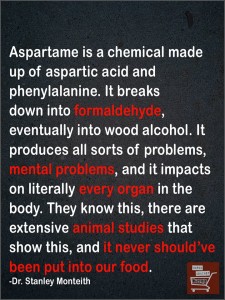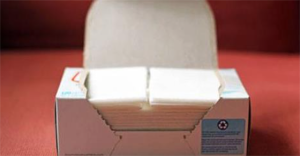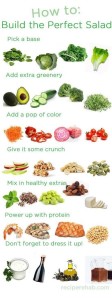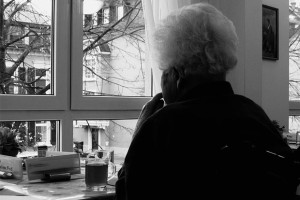
The highly-politicized climate change debate rages on despite an ever-growing body of evidence revealing the fact that “catastrophic man-made global warming” is nothing more than an elaborate hoax.
http://www.naturalnews.com/055151_global_warming_science_hoax_climate_skepticism.html
Don't Settle For A Bit Part in Life
“Become major, Paul. Live like a hero. That’s what the classics teach us. Be a main character. Otherwise what is life for?” – J.M. Coetzee, the reclusive South African writer who did not show up to the awards ceremony for his two Booker Prizes. He did make an appearance when he won the Nobel Prize in 2003.
URL Resource List
Aspartame Is Poison
The Dirty Truth About Dryer Sheets
Salad Suggestions
12 Tips 2 Try Tomorrow
Life Improvement Tips
Click on the image to see a larger version of it.
There just might be something in here targeted to where you need to look to get more out of your life. Look it over and pick three that you think will yield you the most gain and do them.
Health benefits of organic food, farming outlined in new report
A report prepared for the European Parliament, co-authored by Harvard Chan School’s Philippe Grandjean, adjunct professor of environmental health, outlines the health benefits of eating organic food and practicing organic agriculture.
https://www.hsph.harvard.edu/news/features/health-benefits-organic-food-farming-report/
Gut bacteria may accelerate Alzheimer’s disease
The bacteria in your gut may play a major role in the development of Alzheimer’s disease – the most common form of dementia, says a study that may initiate new ways for treatment and preventing the neurodegenerative disease.
The researchers found that mice suffering from Alzheimer’s have a different composition of intestinal bacteria compared to mice that are healthy.
Mice without bacteria had a significantly smaller amount of beta-amyloid plaque – lumps that form at the nerve fibers in cases of Alzheimer’s disease – in the brain.
“Our study is unique as it shows a direct causal link between gut bacteria and Alzheimer’s disease. It was striking that the mice which completely lacked bacteria developed much less plaque in the brain,” said Frida Fak Hallenius from the Lund University in Sweden.






